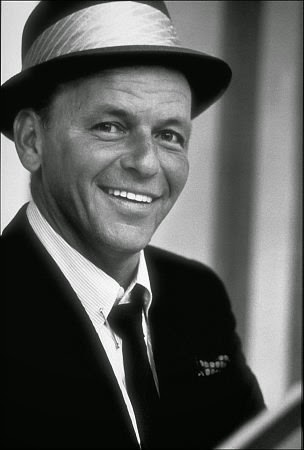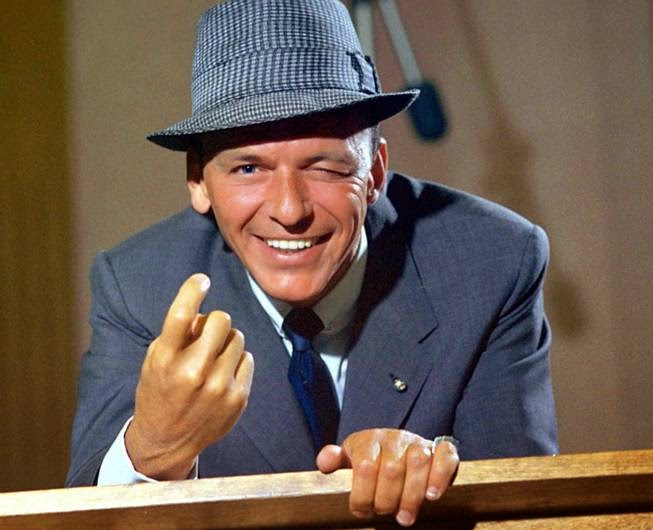In 1937, the family briefly settled in California, where Dick’s mother hobnobbed with movie stars, before returning to New York. Both brothers set their sights on singing. Many auditions later, Haymes landed a spot with Bunny Berigan’s orchestra in 1939 but left after only a few dates. Berigan’s band was in serious decline at that point, and Haymes had other ambitions.
Haymes found sporadic work singing on the radio and decided to try his hand as a songwriter. After pitching his work to bandleader Harry James, he ended up being hired as a vocalist. His deep baritone voice quickly won over both the critics and the public. He remained with James until the end of 1941 when, expecting his first child, he left for greener pastures.
In January 1942, Haymes signed with CBS for his own three times weekly radio series, and in May, he organized his own band in which he was to play piano as well as sing. The endeavor quickly fell victim to the draft, and he joined Benny Goodman as vocalist. He left Goodman at the end of 1942, finding a new home with Tommy Dorsey.
Haymes stayed with Dorsey for only a few months, going solo in May 1943. He signed a recording contract with Decca and in August signed a film contract with Twentieth Century Fox, beginning what would be a very successful screen career. He starred in many of the top Fox musicals of the era, including Billy Rose’s Diamond Horseshoe and State Fair. He hosted his own new CBS radio program from 1944 to 1948, teamed up with singer Helen Forrest in the first two years. The pair often recorded together. Haymes also appeared on various other radio programs in the 1940s and 1950s.
Near the end of the war, Haymes faced the prospect of being drafted, and he registered as a resident alien, waiving his right to citizenship in order to avoid being called to duty. He claimed he only did so due to a family crisis which needed his attention. He later volunteered for the service but was refused on medical grounds, so he became one of the USO’s most ardent volunteers instead.
In 1947, when his Fox contract ran out, Haymes signed with Universal for two pictures. His records still sold well but a troubled home life began to take its toll. Problems with drinking and his handling of money caused his career to suffer. During the early 1950s, he appeared in several B movies and starred in an action/adventure radio series on ABC. His contract with Decca ended in 1952.
He made a few outstand recordings for Capitol in the late 1950s before moving to Ireland in 1961, where he spent the decade cleaning up his life. When he did manage to make records, they are all wonderful and shows a crooner in great voice. He began to make a comeback in the 1970s and returned to the U.S. in 1972, but his chance at good fortune was short-lived. Dick Haymes died in 1980 after losing a fight with lung cancer. Dick Haymes deserves to be remembered especially now on his century birthday...











